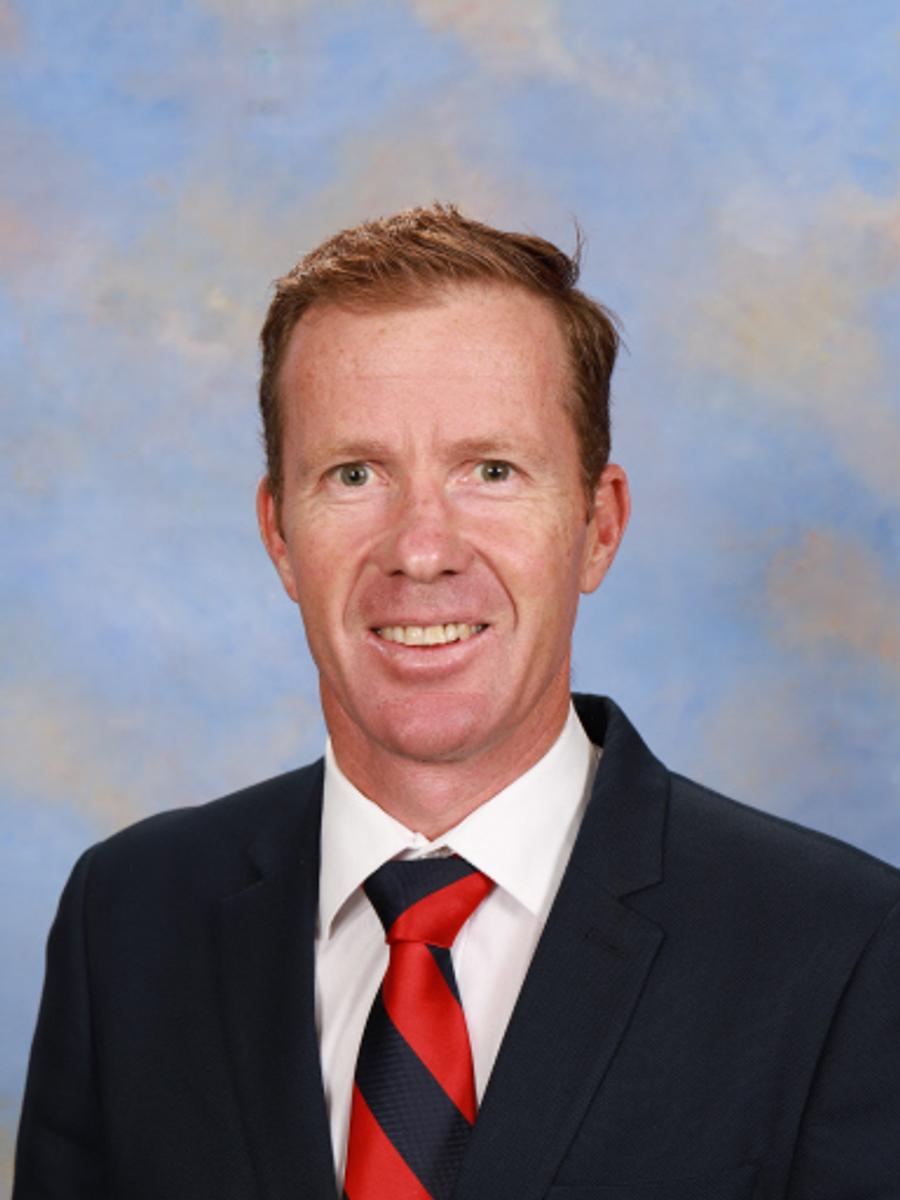DEPUTY PRINCIPAL REPORT

Teaching, Learning and Innovation
The learning year has hit the ground running, both within and outside of the classroom. I would like to start by congratulating Hugo Currie and Mina Girgis on their acceptance into the Cochlear Autumn School of Engineering. They will have a chance to see engineering in action, visiting major universities and industry locations, chatting with students, graduates and young engineers. Well done Hugo and Mina!
It was fantastic to see so many engaged students in the Elevate education sessions held in Week 2, with feedback from the students ranging from 94% to 98% approval of how the program was run and its key ideas. Over the course of this year I will be looking to share as many of these ideas as possible so that you too are able to aid the development of effective study habits and routines. Year 7 will have an opportunity to complete the course at their camp in Week 7.
One of the highlights for me was the parent session, where some excellent questions helped to tease out the recurring issues you have as parents with teenage learners. It also reinforced the key role parents play in helping their children be all they can be with their learning. Some of the key strategies mentioned included:
- Developing a study plan which starts with the things students want to do during the week. A study plan that is not built around footy training time, the desire to watch the ABC news at 7 (no teenager ever said) or work commitments is not going to reflect the realities of busy lives. And when it fails it appears to young people that it was a waste of time. It wasn’t a failure, it just wasn’t realistic. Flipping it to do a study plan this way creates a focus on the positives rather than the negatives.
- A range of technology apps that can be very useful in monitoring, moderating and measuring technology usage by teenagers. We know this is the biggest distraction in young (and some old!) lives, so any tool that allows young people to take control of the technology is more than welcome. And banning it does not work…or at least rarely. This article contains a range of strategies you can utilise to maximise study in general and prevent social media distractions as well: https://au.elevateeducation.com/news/parents/attention-study-and-the-facebook-effect
- Routine. Having a routine is one of the key ways in which we can diminish stress and improve our wellbeing. We know that a behaviour is not a habit until it is exhibited or revisited over periods of weeks, so it is easy to set at the outset, but also easy to let life get in the way and erode.
Parents too can access the Elevate materials here: https://au.elevateeducation.com/ and students can use the password ‘rondo’ to access the materials utilised.
As always, if you have any queries please do not hesitate to email me at the college Anthony.heffer@trac.nsw.edu.au.
Anthony Heffer | Deputy Principal - Teaching, Learning and Innovation
Acting Director of Students
The Riverina Anglican College has six core values that guide our teaching, learning, attitude, intentions and behaviour. In my first newsletter for 2020, I focussed on the value of kindness and how kindness is like a form of karma. The more you practise acts of kindness the more likely others will be kind to you. This week I would like to focus on our value of faith.
Faith is a very elusive and somewhat ethereal concept. There is faith that provides us with certainty, faith that guides, faith that comforts and faith that strengthens us. This type of faith is personal and varies from individual to individual.
Our Anglican faith is all those things, but an Anglican faith is more than just individual faith it is a collective faith. Our collective faith calls on us to be kind, cherish community and treat everyone equally, as Christ would. But this is sometimes a hard thing to do. Indeed, it is a human evolutionary trait to be fearful and cautious of things with which we are unfamiliar. It can be argued that it is this very trait that has helped humanity to evolve and prosper under the Darwinian theory of ‘survival of the fittest’.
It would appear that caution and fear are hard-wired into our evolutionary DNA. When we combine this idea with the belief that we are living in a time of shrinking communities, where individuals increasingly feel marginalised, unsupported and fearful, we have a climate that gives voice to haters. Haters want to hate because it seems easier to hate someone or something rather than accept something that is different.
When we look at the Christian message of faith we can note it provides a contradictory counter-evolution narrative of kindness, acceptance, inclusion, love, personal growth and enlightenment. All teachers, students and families of The Riverina Anglican College have the opportunity to live Christ’s inclusive message of loving thy neighbour and doing unto others as you would have done unto you.
These two simple messages are essential ingredients for a fair, civilised and peaceful society. When we recognise our collective value of faith and model kindness we create a more inclusive, friendly and harmonious environment.
Ross Kennedy | Acting Director of Students


